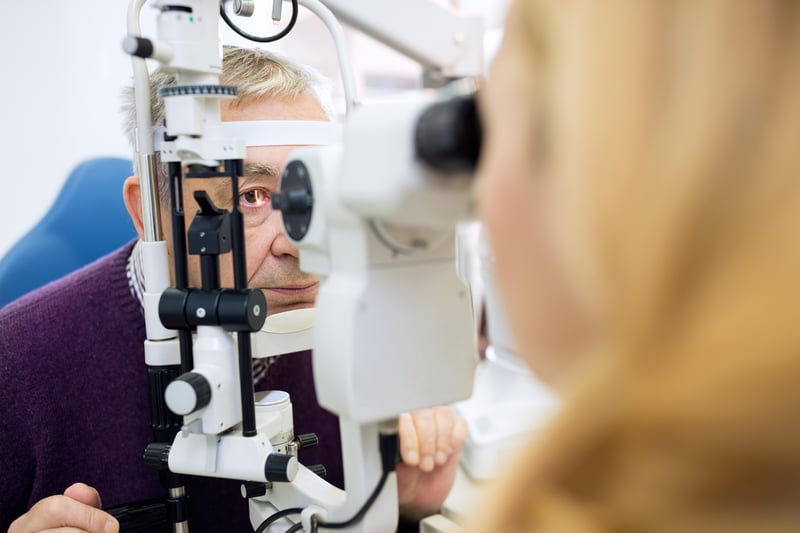(330) 876-1228
8507 Main StreetKinsman, OH 44428
(330) 876-1229

Routine eye checks can help ensure seniors know if they're developing any age-related vision issues.
An expert from Baylor College of Medicine spells out what seniors need to know.
"Don't blame vision issues on just aging eyes. Get your eyes checked out because it can be a more serious issue that can be treated," said Dr. Sumitra Khandelwal, associate professor of ophthalmology at Baylor. "If you wait too long, there may not be ability to treat it."
Among the issues is dry eye. As the skin gets drier with age, so do eyes. Artificial tears can help.
"If your skin is dry and you wait until it's very papery to put lotion on it, it won't help as much as if you put lotion on the skin daily to prevent dryness -- the same goes for your eyes. As you get older, you notice dryness and irritation. This is when you should start using artificial tears," Khandelwal said in a college news release.
Artificial tears are available as over-the-counter drops, ointments and prescription eye drops.
It's also possible to get a prescription medication to reduce eye inflammation and increase tear production, Khandelwal said. Catching problems early is important. Otherwise, the dry eye can become so advanced it may not be treatable.
Cataracts are one of the most common age-related eyesight issues. With these, the clear lens becomes cloudy, which affects focusing. Vision can be blurry even with glasses and driving at night can be difficult.
Outpatient surgery can fix cataracts. The surgeon will remove the clouded lens and implant a clear artificial one, curing vision issues.
"Everyone develops a cataract in time. Some people develop them earlier in life, while most develop age-related cataracts," Khandelwal said. "You start to see signs of cataracts in your late 50s and 60s and they continue to grow throughout the decades."
Presbyopia is loss of near vision that also cannot be prevented. As people age, around 45 or so, they may need more lighting or reading glasses to see up close. Treatments include prescription glasses, special contact lenses and laser surgery. Prescription eye drops can make the pupil smaller to help someone see up close for six to eight hours.
Macular degeneration is less common. The retina develops areas of thinning. There are both dry and wet forms. The dry form is most common and affects central vision slowly. About 20% of dry patients will develop wet macular degeneration, which can require eye injections.
Taking eye vitamins that assist with vision loss and making lifestyle changes can help prevent worsening. Eating leafy greens and avoiding smoking are especially important.
A person experiencing macular degeneration should see an eye doctor annually.
"You can develop early signs of macular degeneration and not know it," Khandelwal said. "If you have a family history of it, that may be a reason to see your eye provider earlier in life."
In glaucoma, the nerve in the eye is damaged because of high pressure in the eye. This nerve is crucial because it sends messages from the eye to the brain.
"One of the most important parts of our ability to see is the optic nerve because it allows what we see to actually register to the brain," Khandelwal said.
Most types of glaucoma do not cause pain, so there is no indicator it is developing until a visit to the eye doctor. He or she will perform a painless eye pressure check and catch signs of early glaucoma before it begins to impair vision.
Though glaucoma cannot be prevented, prescription eye drops can help control the pressure that help prevent the worsening of vision.
More information
The U.S. Centers for Disease Control and Prevention has more on vision health.
SOURCE: Baylor College of Medicine, news release, Nov. 2, 2022
